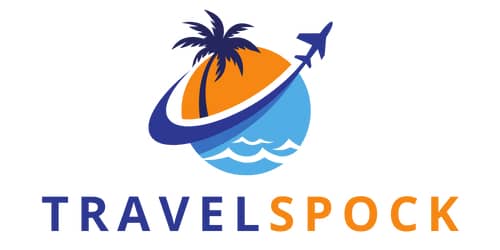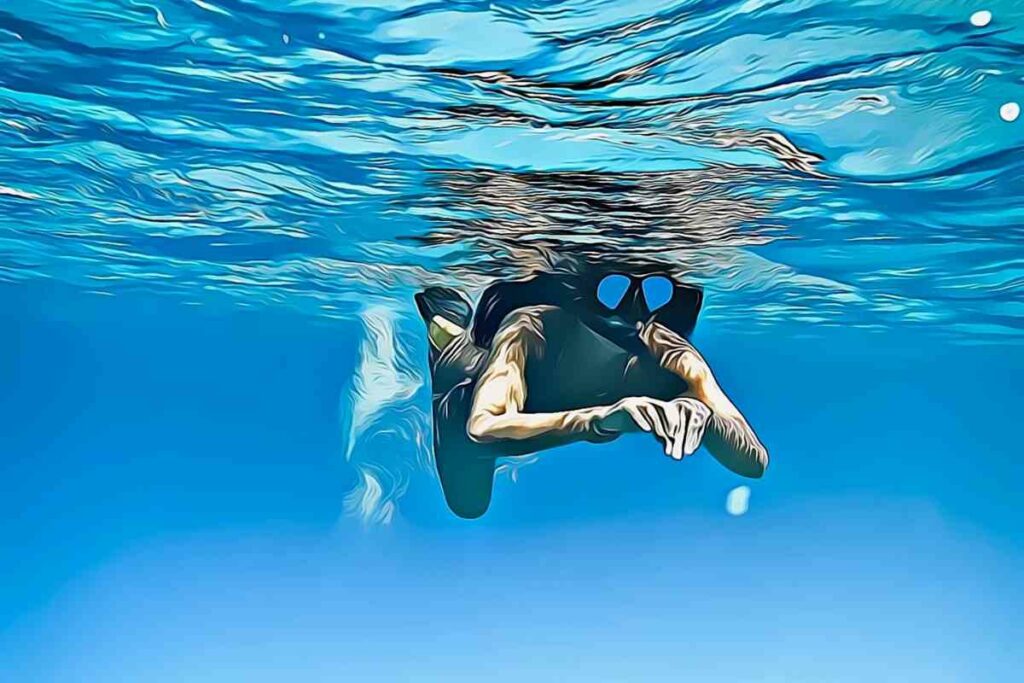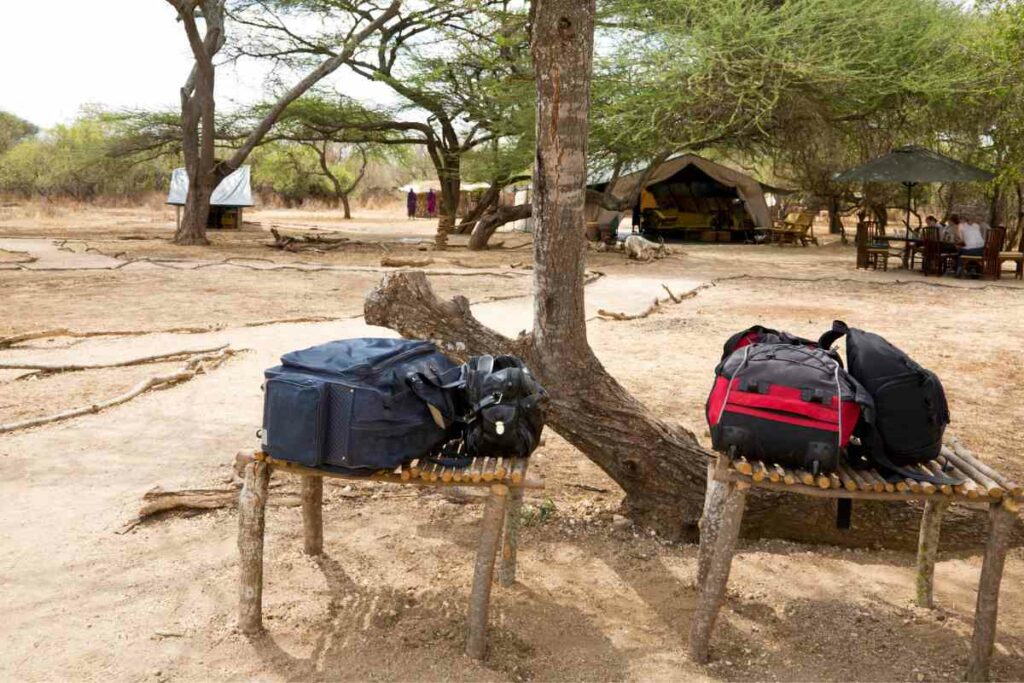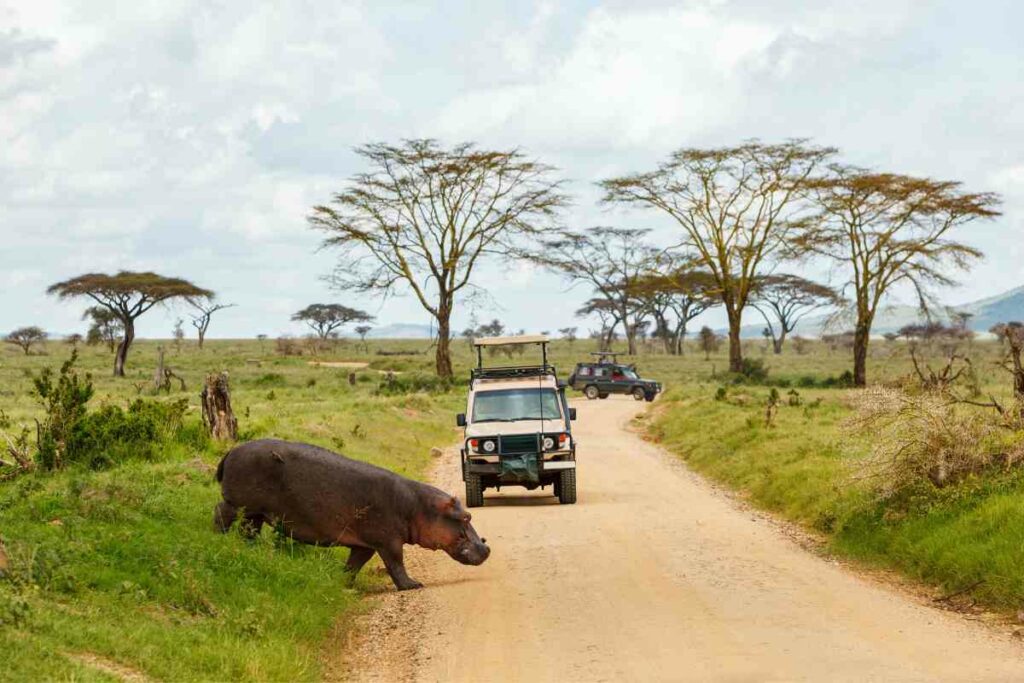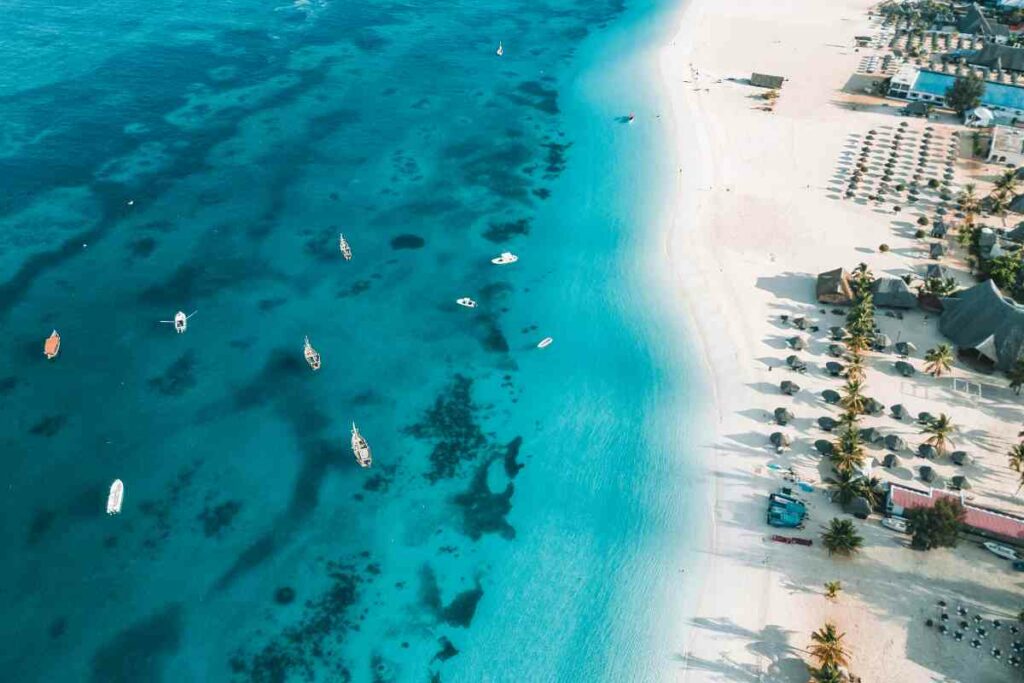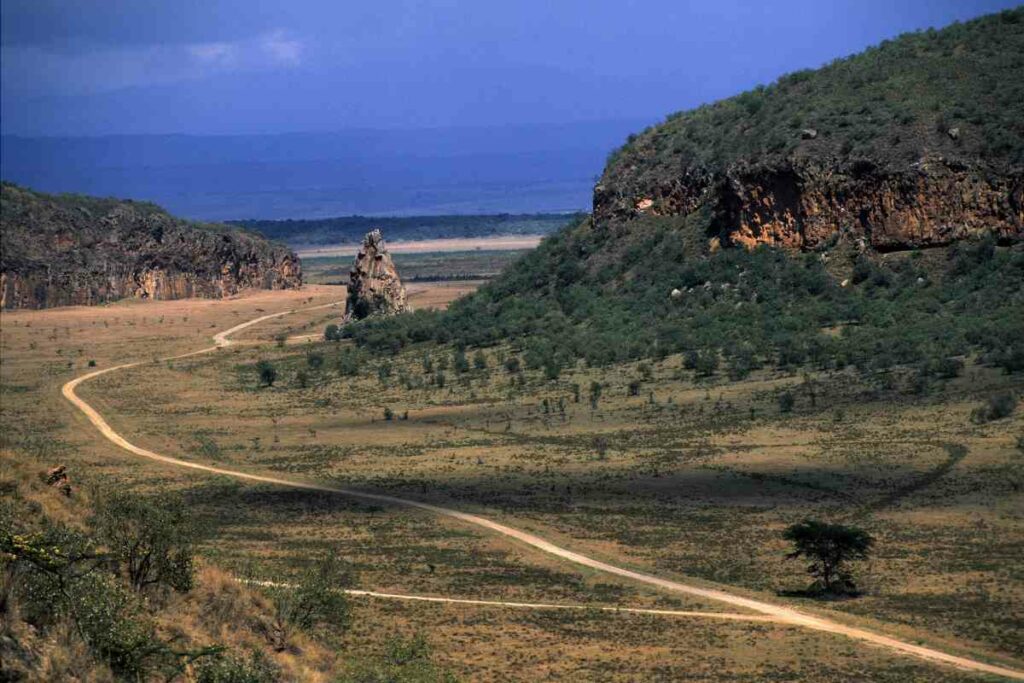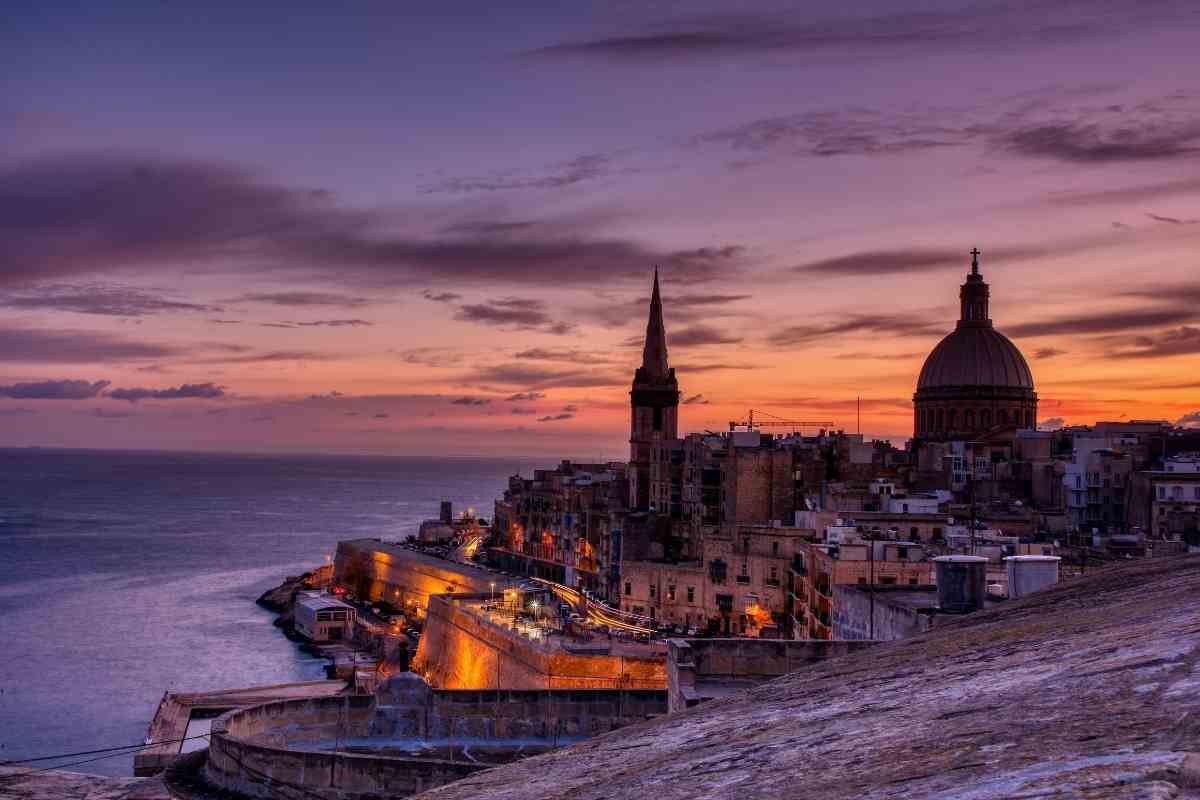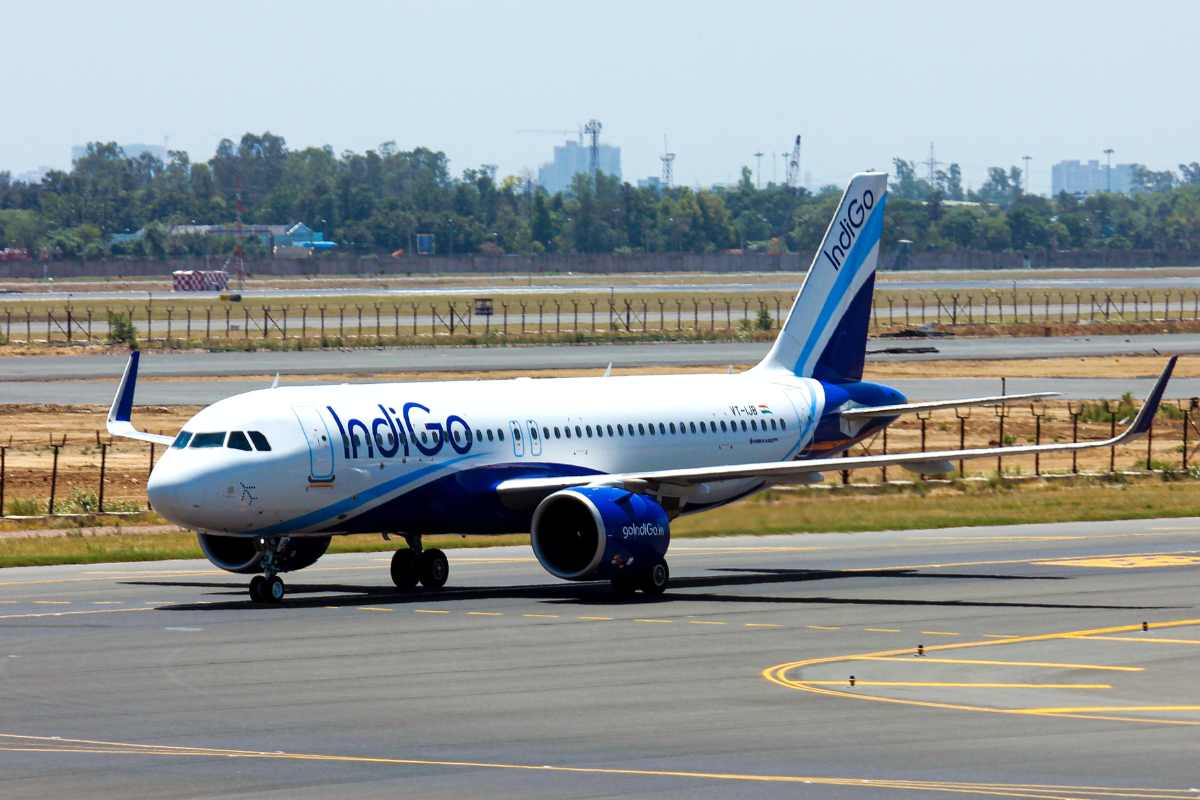Africa is diverse and deep-rooted in different cultures owing to about 2000 languages spoken and over 3000 ethnic groups in the continent.
Home to numerous cultures, many spectacular festivals take place here annually.
There are countless reasons to visit Africa, including attending the best African festivals and celebrations.
African celebrations and festivals showcase the continent’s unique culture, religion, and talent through music, art, and film.
Many people visit Africa for its natural beauty.
While that’s reason enough to plan a trip to the continent, enjoying a festival is the icing on the cake.
1. Timkat Festival, Ethiopia
Timkat is one of the most celebrated events in the Ethiopian calendar. This orthodox celebration marks Christ’s baptism or the Epiphany.
The celebrations span over three days (18th to 20th January) every leap year in various cities and towns across Ethiopia.
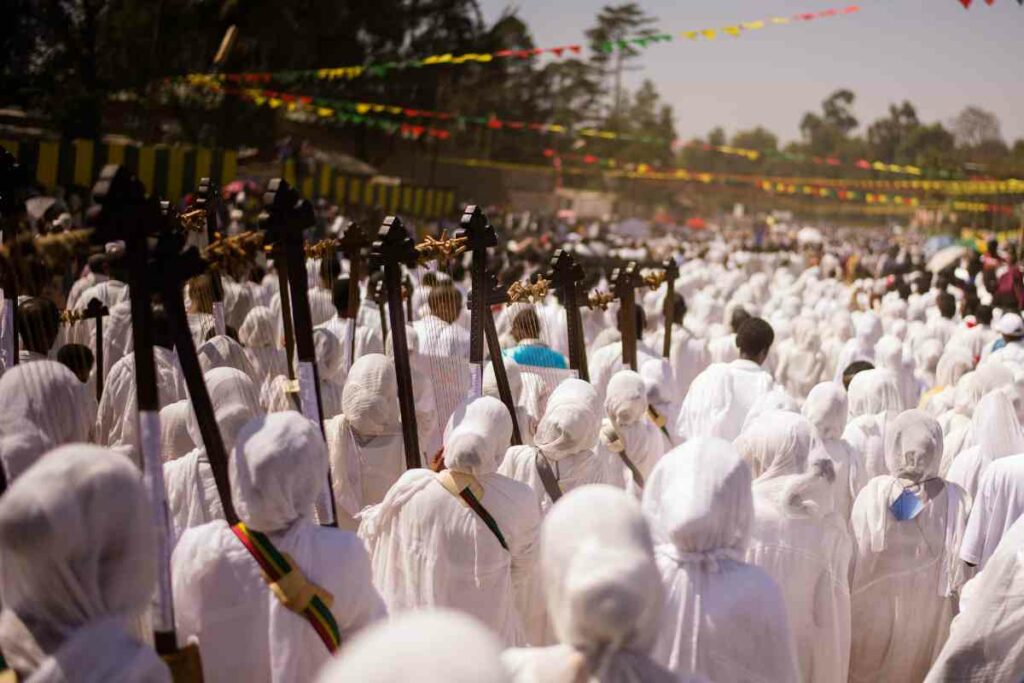
The second day is the main day of the festival and sees the streets lined with people singing hymns and beating drums. It is so loud but incredible to witness!
The Gondar Timkat festival is the most popular one.
Several pilgrims dress in white robes and accompany the Ark of the Covenant replica from every church in the city to Fasilada’s Bath (the royal bathing pool).
A candlelit vigil then takes place, the pool waters are blessed, and then the renewal of baptism vows by celebrants occurs.
Once this part of the festival is done, dancing and feasting commence.
2. Abu Simbel Festival, Egypt
If you are a fan of ancient Egypt, align your visit to this beautiful country to fall in February or October when the Abu Simbel festival occurs.
The timing for the festival is strategic.
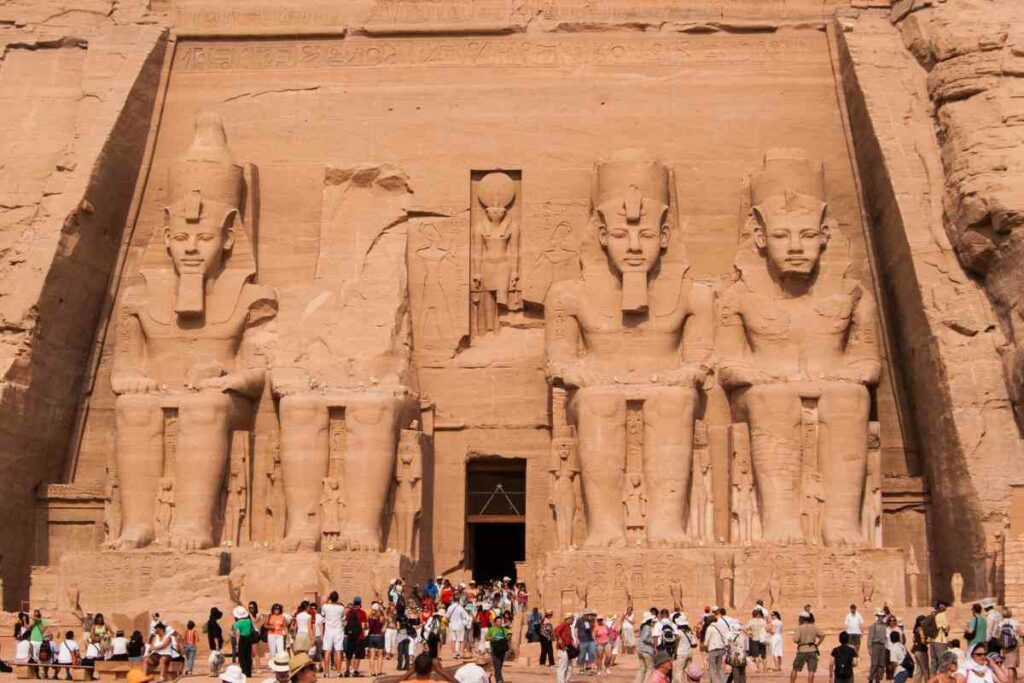
During these times, the sun aligns with the Abu Simbel temple entrance illuminating the statues of Queen Nefertari and Ramses II.
On the other hand, it leaves Ptah, the underworld’s god, in the dark.
An Interesting Fact – The government moved the Abu Simbel temple to its current place during the 20th century. This was done to pave the way for a dam in Lake Nasser.
Today, the festival includes lots of street food, live music, and Nubian dances.
3. Cape Town International Jazz Festival, South Africa
Visit the International Convention Centre in Cape Town on March’s last weekend or April’s first weekend every year to experience the Jazz festival.
The Cape Town Jazz Festival (CTIJF) is one of the largest festivals in Africa. It takes place over two days in March or April if you’re lucky to time your visit over these months.
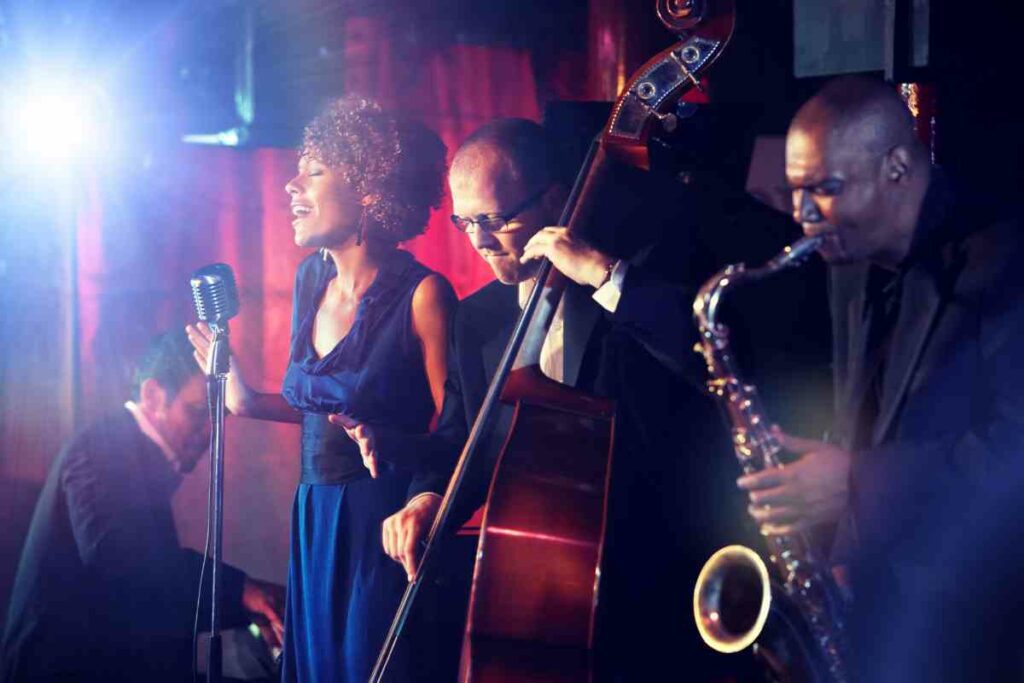
This festival started in 2000 and quickly became a popular event with followers of the international jazz calendar. There’s a huge range of jazz styles as well as some other genres on offer including soul, hip-hop, and funk. There really is something for everyone here!
This festival usually pulls over 37,00 attendants, and you must book your tickets in advance. The 2023 festival will occur from 17th to 18th March.
The festival is popular for eclectic and scintillating jazz and other jazz-related music.
The planners consider the fans’ desire to spend extended periods enjoying music and appreciating the artists in attendance.
The artists who have attended in the past include:
- Moonchild
- Chaka Khan
- Mafikizolo
- Mark Turner
- and Miles Mosley
In the past, many celebrated international artists have played at the festival including Lionel Richie and Earth Wind and Fire.
As well as music, you can see plenty of exhibitions, workshops, and even a free community concert, which is incredibly popular. It is clear to see that the emphasis was on promoting local talent, which is really inspiring and makes it so special.
4. FESPACO Film Festival, Burkina Faso
This is a biennial film festival held at Ouagadougou, the country’s capital, with 2023’s edition set to be from 25th February to 4th March.

The festival contributes to the development of African cinema by enabling African film screenings and promoting filmmakers.
It also supports traveling cinema. In addition, it collaborates with NGOs, schools, and private or public institutions to facilitate non-profit film screenings in rural places.
An opening ceremony at the national stadium marks the start of this festival. A statue called The Golden Stallion of Yennenga is the top prize.
5. Maitisong Art Festival, Botswana
Botswana’s largest art festival attracts local and international artists bringing music, theatre, comedy, poetry, and dance to the people in Gaborone.
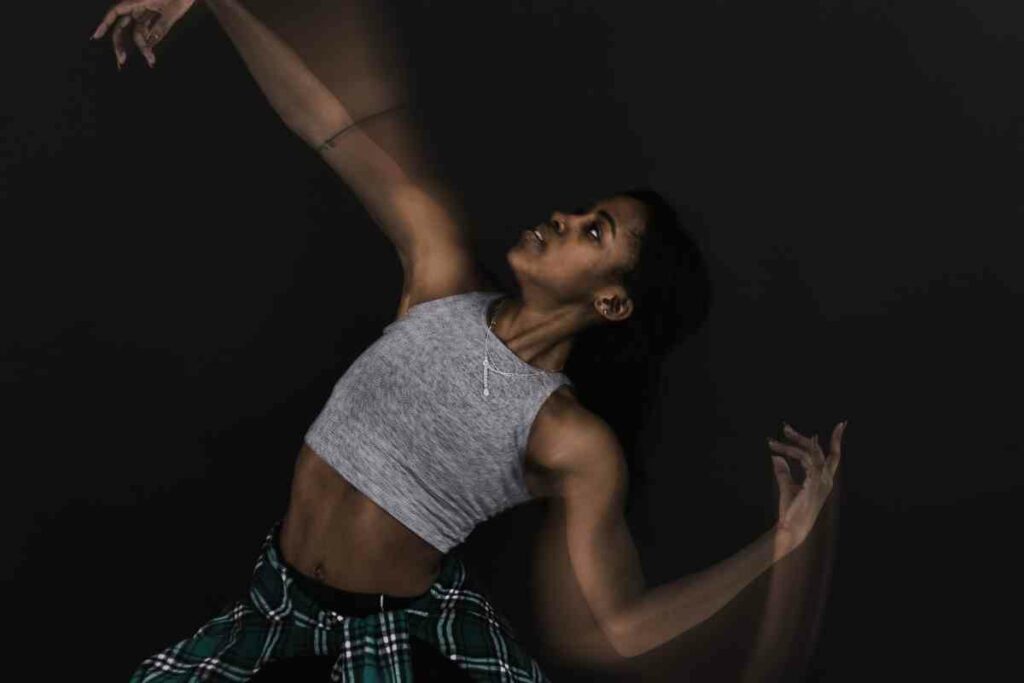
It takes place every year in March in different venues across the capital.
The festival’s unique experience’s that entail showcasing traditional theatre, dance, and music will surely leave you with unforgettable memories.
The celebration raises the theatre’s professional bar, promotes art, and connects local artists with artists from other countries.
6. Eyo Festival, Lagos Nigeria
This 24-day event is an exclusive and rare celebration since it is not periodic and only happens in Lagos.
It is also called Adamu Orisa and is held to honor an Oba’s passing.
Additionally, it ushers in the new Oba or Iga’s new head to the throne.
However, the Lagos governor can also request for one to be organized.
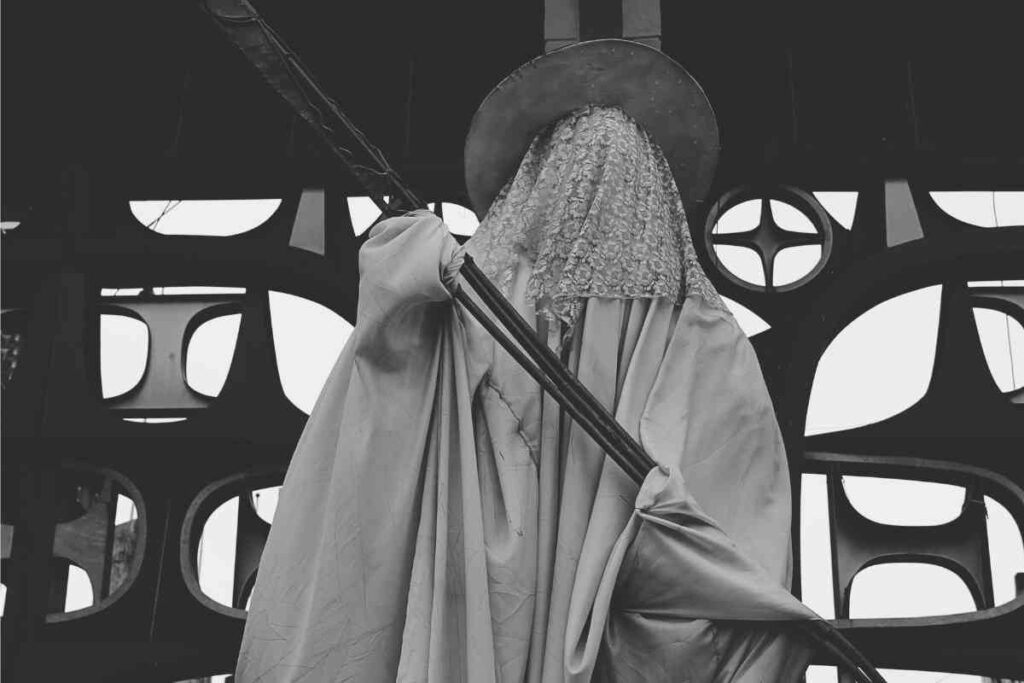
The festival entails Eyo masquerades chanting around Lagos and ceremonial dancing.
The participants dress in flowing white robes covering the whole body, sticks, and top hats.
Besides fulfilling the land’s spiritual duties, the Eyo festival showcases the Isle Eko people’s culture.
If you attend the Eyo festival, adhere to the following rules:
- Do not ride a motorcycle or bicycle
- Do not smoke
- Do not wear shoes
- Do not take pictures of or with the Eyo Orisha
- Ensure you are not wearing the Suku hairstyle because it isn’t permitted
- Make sure your head isn’t covered during the festival. However, you can wear your white prayer cap if you are a Muslim man.
7. Mawazine International Music Festival, Morrocco
Named the world’s largest music festival with the most significant visitors ratio per stage, the Mawazine festival is attended by over 2.5 million people annually.
It takes place in either May or June and features a wide range of music, including rock, pop, and hip-hop.
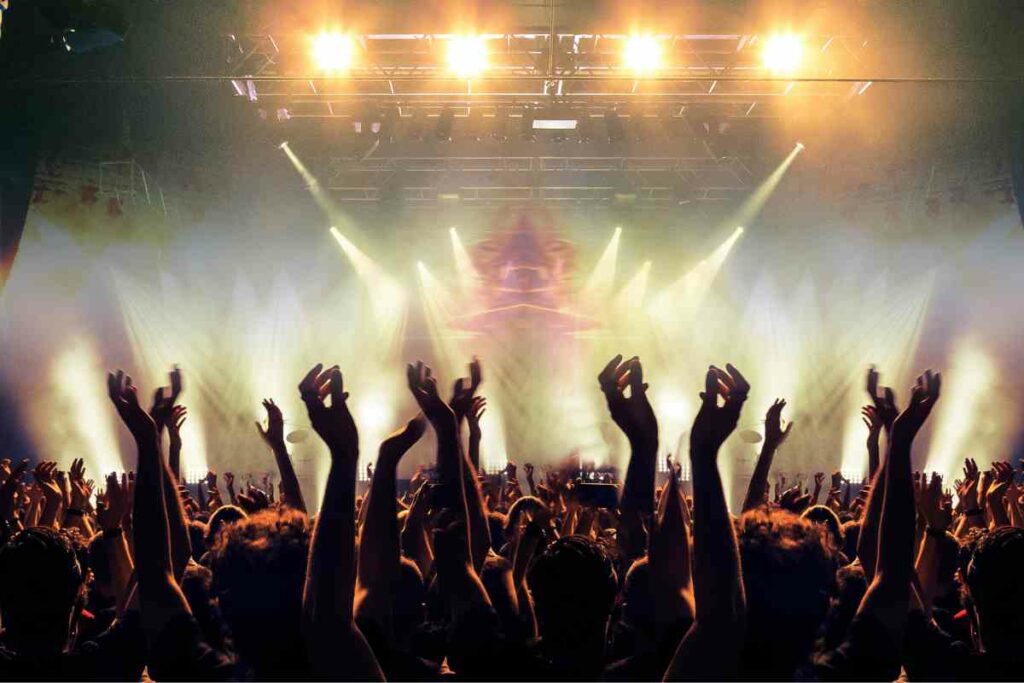
Renowned artists from various genres usually perform, and you can see them free of charge.
Singers who have previously graced the festival include:
- Stevie Wonder
- Elli Goulding
- Maroon 5
- Rihanna
- Bruno Mars
- and Usher
The Mawazine festival also promotes upcoming local artists and gives them a stage to showcase their talent.
The festival lasts about a week in late May or June annually, with the stages spreading across different parts of Rabat.
As well as musical performances by top international artists, there are film screenings and workshops, not to mention the incredible food!
We read there have been concerns regarding the impact the festival has on the local community and the cost. Despite this, it remains a key cultural event, priding itself on having a strong international fan base.
8. Zanzibar International Film Festival, Tanzania
This multi-disciplinary premier cultural event takes nine days every year in July.
About 70 foreign and domestic productions are screened during this period.
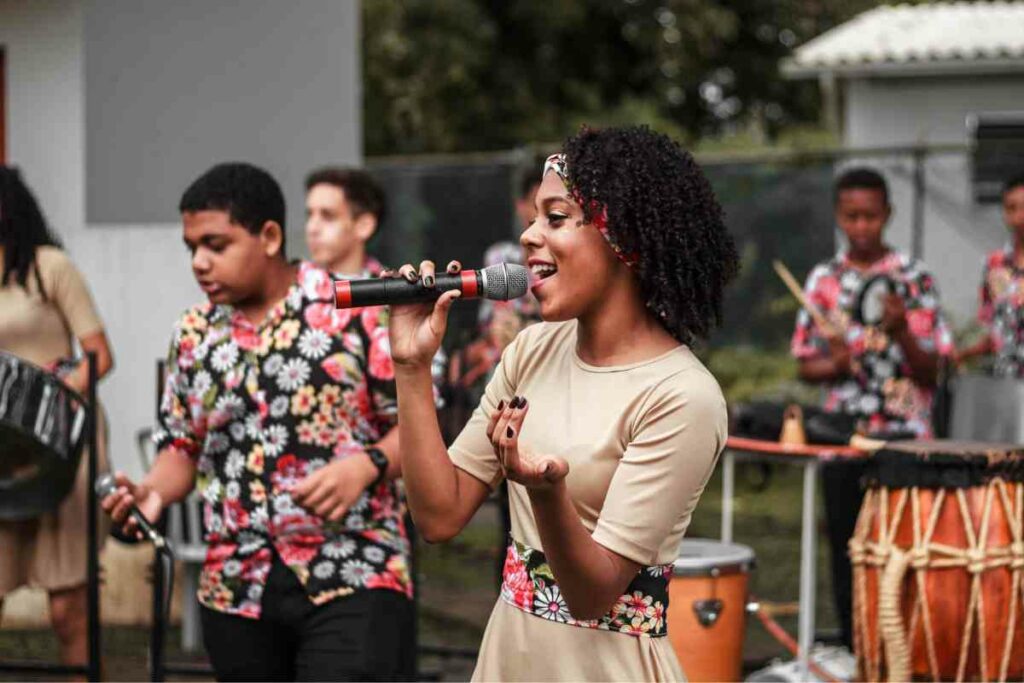
It also hosts various complimentary activities like:
- network events
- workshops
- roundtables
- masterclasses
- debates
- outreach screenings
- and panoramas
Winners are picked by juries of international and local industry professionals and get prizes in service or cash.
Attending the festival allows you to enjoy film screenings, concerts, readings, and art exhibitions showcasing the Indian Ocean Island and African countries’ talent.
9. New Yam Festival
Africa’s most observed festival is celebrated by Igbo people in various countries, particularly Ghana and Nigeria.
Igbo people in other countries like South Africa, Spain, England, and the United States also mark this festival.
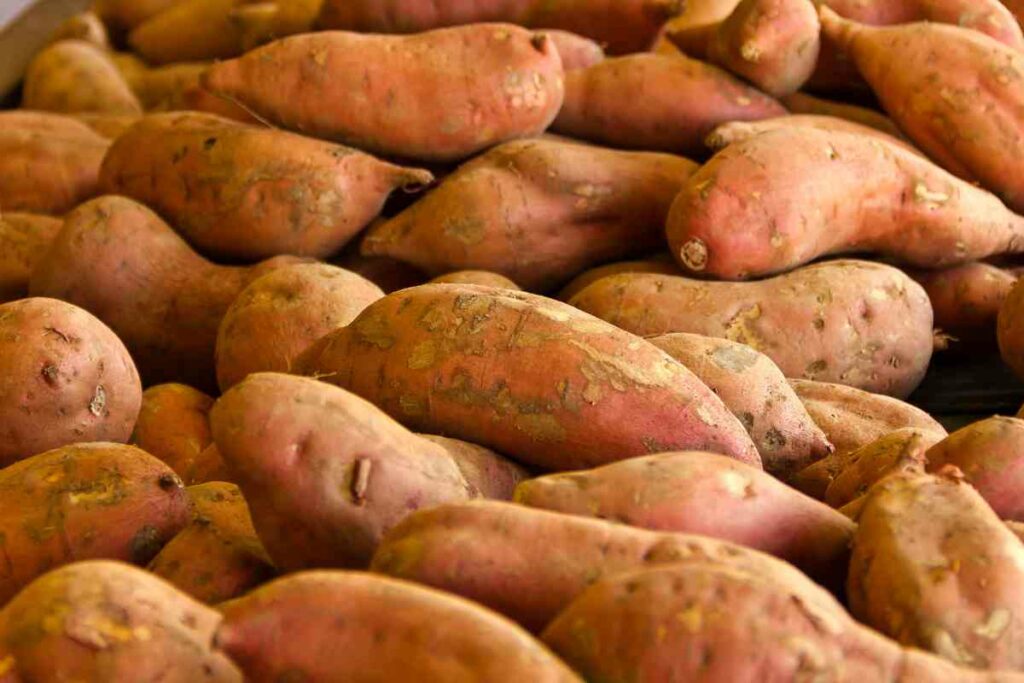
The cultural-based annual festival occurs in early August when the rainy season comes to a close.
Yam is an important crop among Igbo people and is quite prominent in their social-cultural life.
The festival symbolizes this produce’s abundance.
Besides serving yam dishes, the feast also involves various ceremonies and entertainment, like performing rites and cultural dances.
Other cultural activities include fashion parades, masquerade dances, and contemporary shows.
10. The Gerewol Festival, Chad
Typically, beauty pageants are designed for girls and women, but Chad’s Gerewol festival defies the traditional gender norms.
The Woodabe tribe gathers during September’s last week after the rainy season ends for a competitive beauty pageant for males.
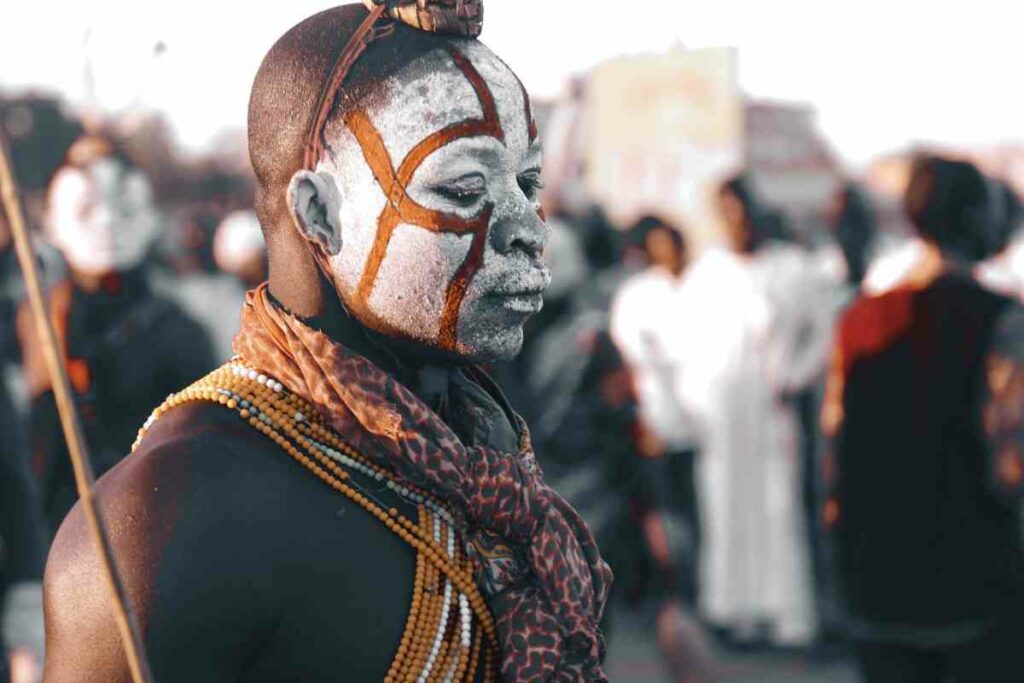
The men dress up, apply makeup using red ochre and jewelry, and perform enigmatic dance series to attract a wife or a night of passion.
Woodabe people travel on donkeys, camels, or foot across the Sahel for the week-long festival.
Besides Dancing – The Gerewol festival entails socializing, camel racing, and feasting, culminating in a final dance. After that, three female judges of a marriageable age choose three winners after observing the performances.
Men line up, and young women walk down and tap the man they like most.
They then go to their camps, and if the man they picked likes them back, they follow.
The Woodabe tribe is polygamous, and women are in charge of picking partnerships.
Witnessing this festival is a rare, fascinating opportunity, so consider planning your trip to Chad around it.
11. Cure Salee Festival, Niger
Woodabe and Tuareg nomadic tribes gather annually in late September to celebrate their norms and traditions during the Cure Salee festival.
They light up Ingall, a small town in the Sahara desert with culture and color.
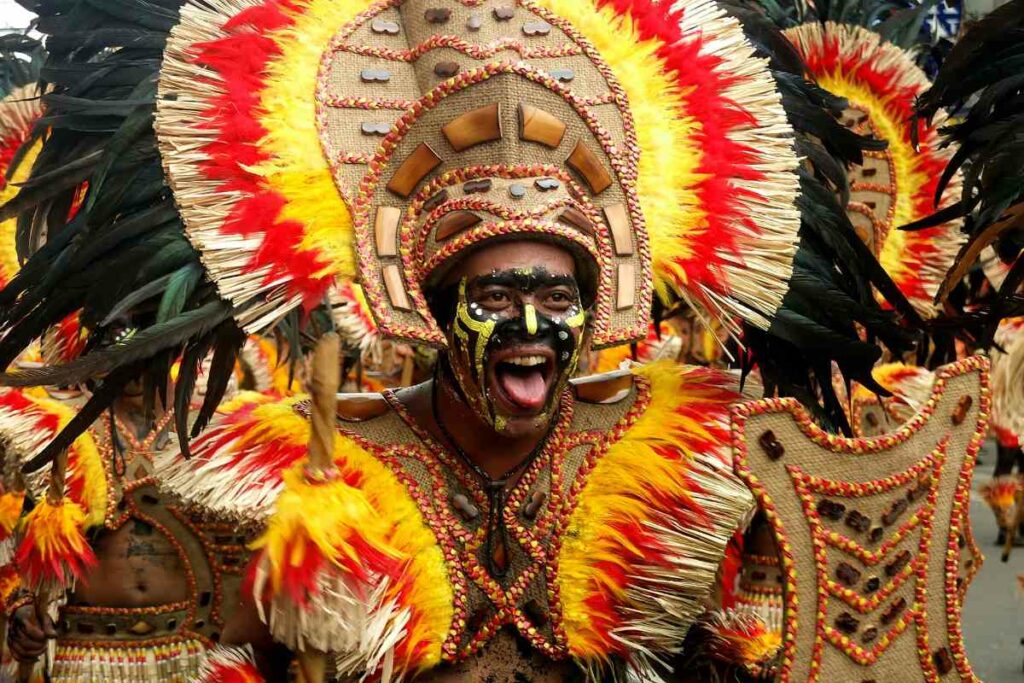
The people use this period to interact with each other, make friends, reinforce traditions, and exchange music and news.
Many young people can be seen dancing under the stars in their veils for girls and headscarves for boys, and colorful robes.
The festival offers an opportunity for people to meet their potential spouses.
12. Mombasa Carnival, Kenya
The Ministry of Tourism organizes this annual festival that takes place throughout November on Mombasa’s Moi Avenue.
It’s a carnival of dance, floats, music, and costumes showing the region’s cultural diversity.
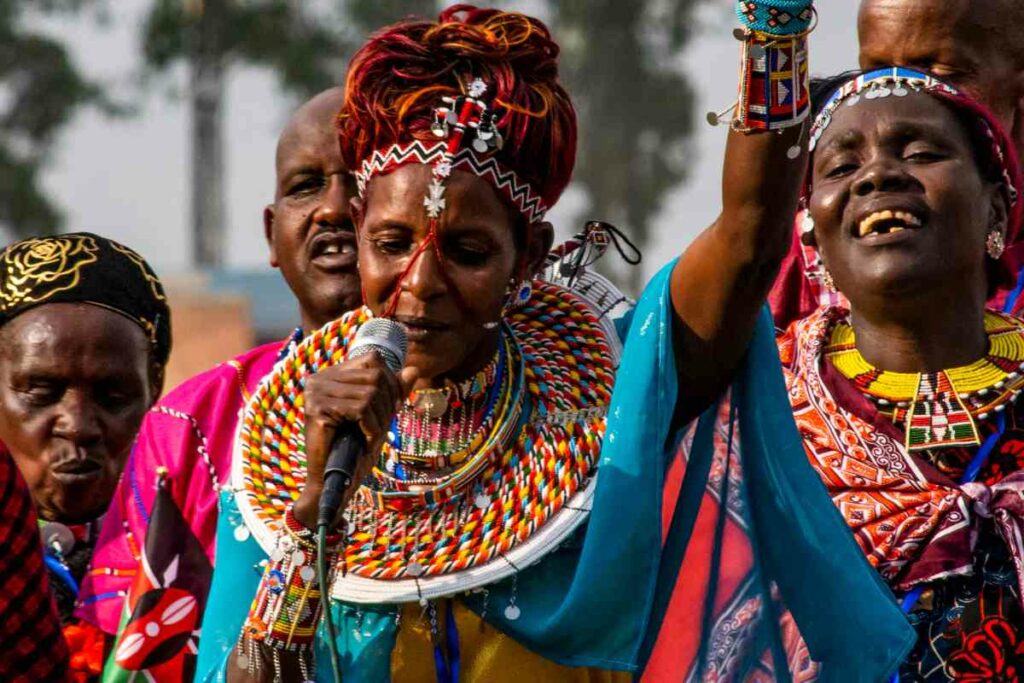
You can enjoy diverse music genres like Afropop, taarab, and traditional religious music.
Numerous stalls along the streets sell items like woodcarvings and local Swahili cuisine.
These include:
- pilau
- coconut milk
- and mnazi, a brewed concoction made using coconut sap.
Participants usually dress in kanga and kikoy, and a boat regatta at Fort Jesus beach marks the end of the parade.
13. Festival of the Desert, Mali
The Festival of the Desert is usually held in January, near the town of Timbuktu in the Sahara Desert.
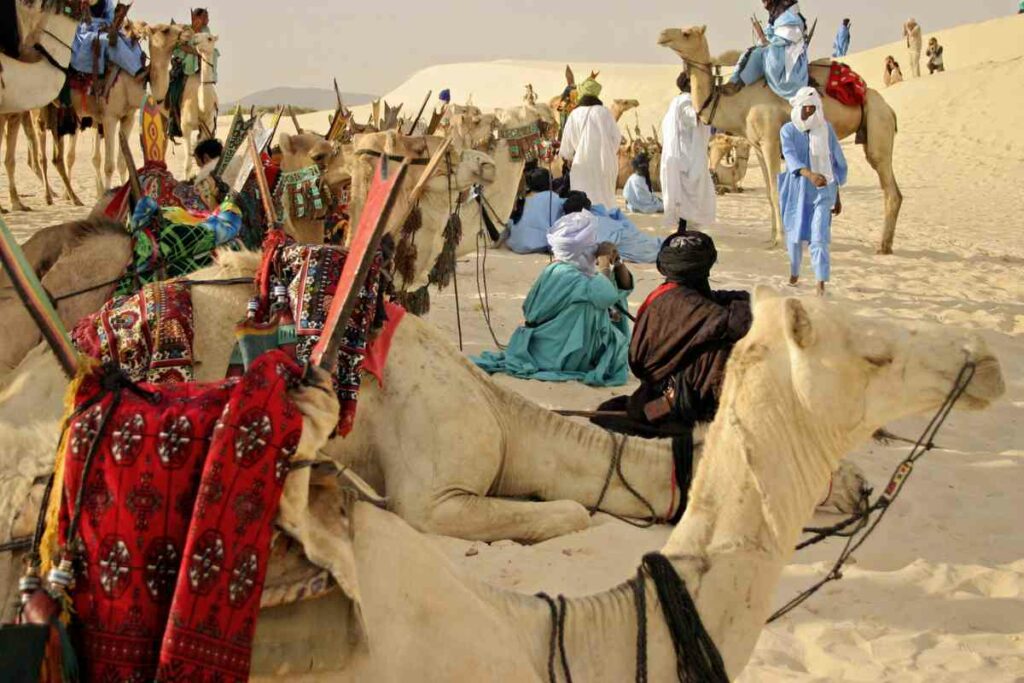
Established in 2001, it aims to encourage cultural exchange and acceptance by celebrating traditional and modern music across the Sahara.
We read that the festival attracts a mixture of international and local musicians. Well-known artists, including Robert Plant and Bono, have played at the Festival of the Desert. Be prepared to see camel races, poetry readings, and other creative activities.
Unfortunately, in 2012 the festival was canceled due to the conflict in Mali. Efforts have been made to restore the festival, but it has struggled to regain its initial success since opening again in 2017. Nevertheless, I’m sure you’ll love your visit to the Festival of the Desert!
14. Durbar Festival, Nigeria
The Durbar Festival is held at the end of the Muslim holy month of Ramadan and marks the celebration of Eid-al-Fitr.
Before our visit, we had heard about the horse riders that parade through the streets dressed in colorful, traditional clothing.
But nothing compares to seeing these guys in the flesh! Incredible! There is so much music and cheering, you can’t help but get swept up in the lively atmosphere.
The rich, cultural legacy of the Durbar festival draws crowds year after year to Nigeria, and, after visiting, it’s easy to see why.
15. Lake of Stars Festival, Malawi
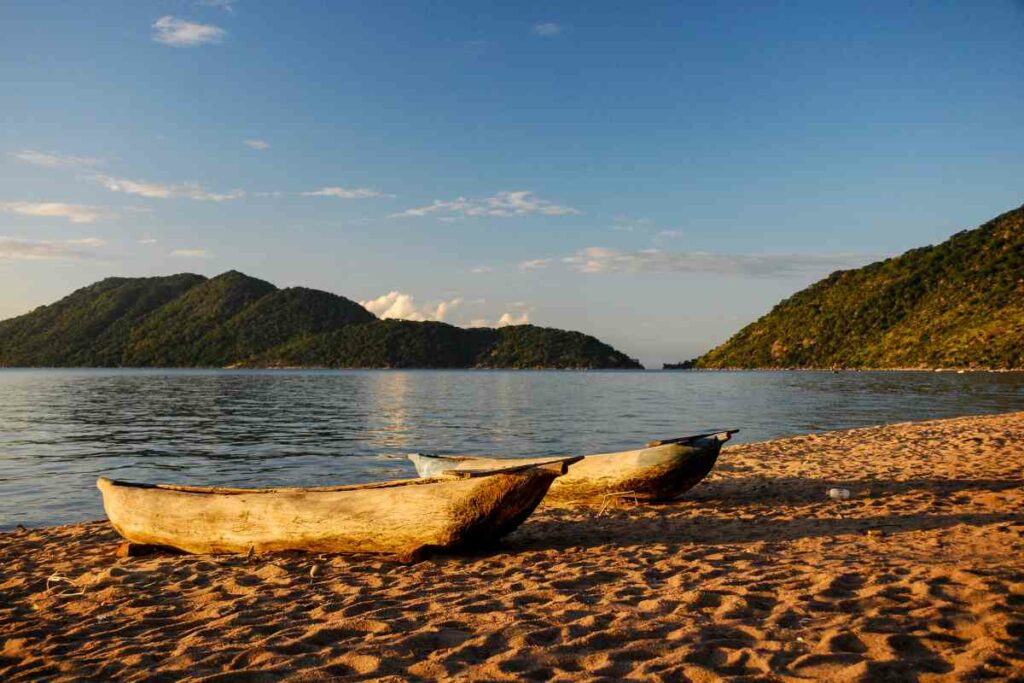
The Lake of Stars Festival in Malawi is held next to Lake Malawi, one of Africa’s most stunning lakes. Seeing the sun set over Lake Malawi is a dream come true for many!
Thousands of visitors from around the world flock here every year to enjoy the range of music which includes modern African music as well as electronic dance music and indie rock.
The Malawian crafts and poetry readings here are awe-inspiring. For creative folk there are exhibitions, film screenings, and a host of other cultural activities to choose from. It is an uplifting celebration of African art, culture, and music that you’ll talk about for years to come.
16. Festival of the Nile, Egypt
When my boyfriend and I visited Cairo, we heard about The Festival of the Nile, which sounded incredible!
Traditionally, there would be elaborate boat processions as well as dancing and music in the streets. There were so many references to this throughout the region and such pride in the river. It really is something to behold.
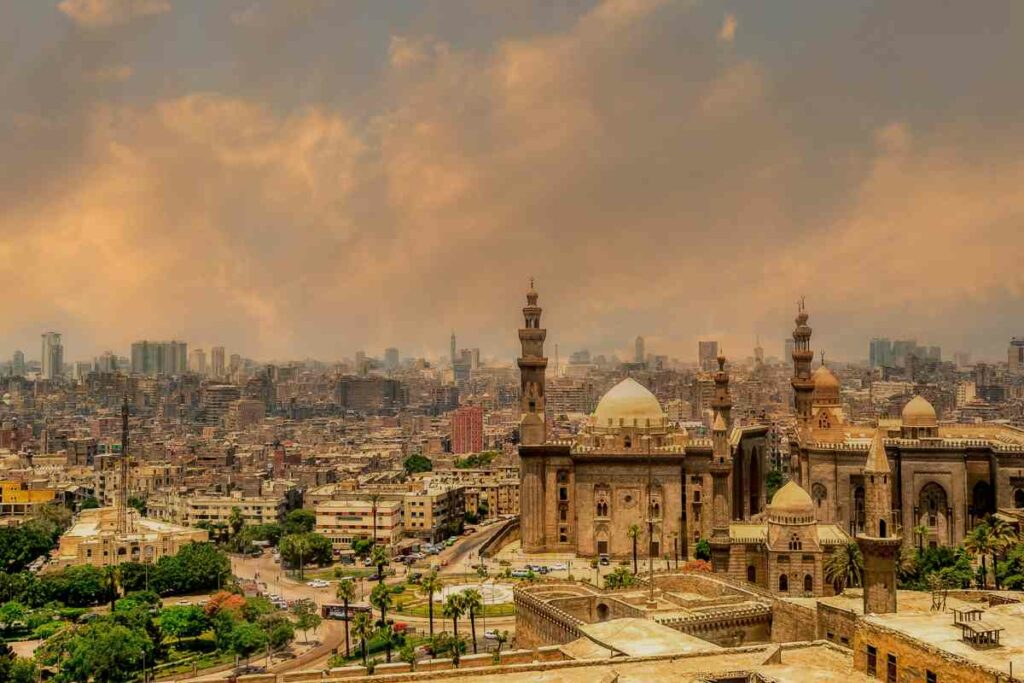
For history nerds like my boyfriend, the “Sailing of the Boat of the God” (which was the central theme of the festival) was fascinating.
We learned that the boat (adorned with the image of Hapi) would travel up and down the Nile, receiving gifts and other offerings from the various towns and villages it stopped at.
Sadly, the Festival of the Nile is no longer celebrated as it was, but the importance of the river Nile is remembered and remains an important aspect of Egypt’s culture and history, and we loved learning about it on our trip.
17. Maralal Camel Derby, Kenya
This unique sporting event started in 1990 and has become incredibly popular, drawing both local and international participants and spectators.
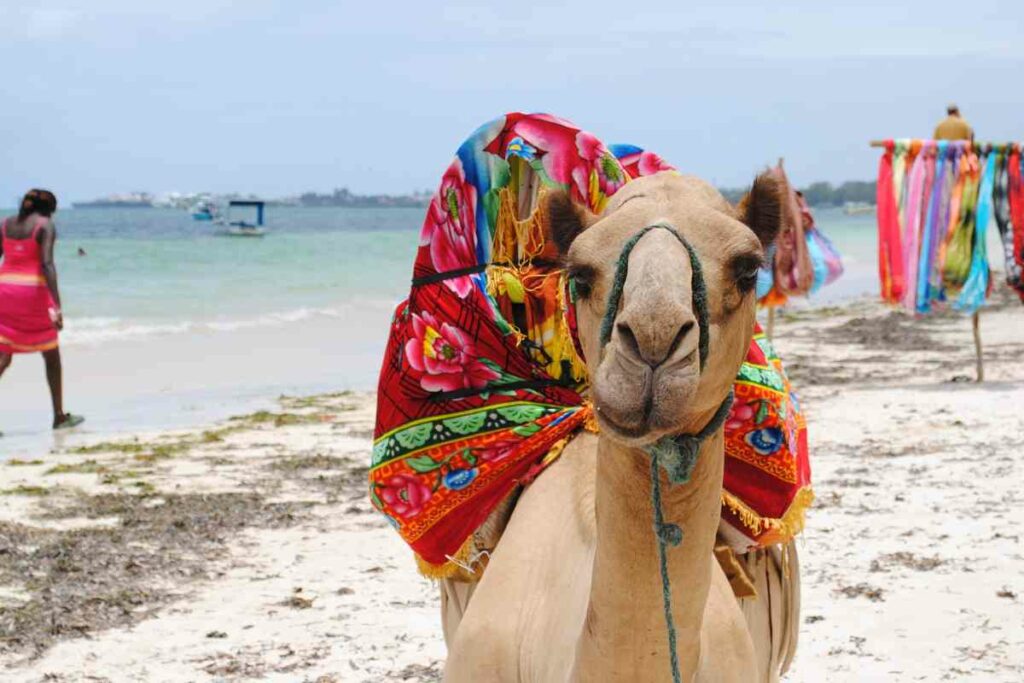
You can see many cultural displays, camel races, and other entertainment and will be spoilt for choice.
People also enjoy the outdoor activities on offer, such as mountain biking and hiking. The nearby Samburu Reserve is popular with visitors as there’s lots of colorful wildlife.
The Maralal Camel Derby is a perfect exhibition of Kenya’s rich cultural heritage, and a real must-see when visiting the region.
18. Hermanus Whale Festival, South Africa
The Hermanus Festival is the only eco-marine festival in Africa.
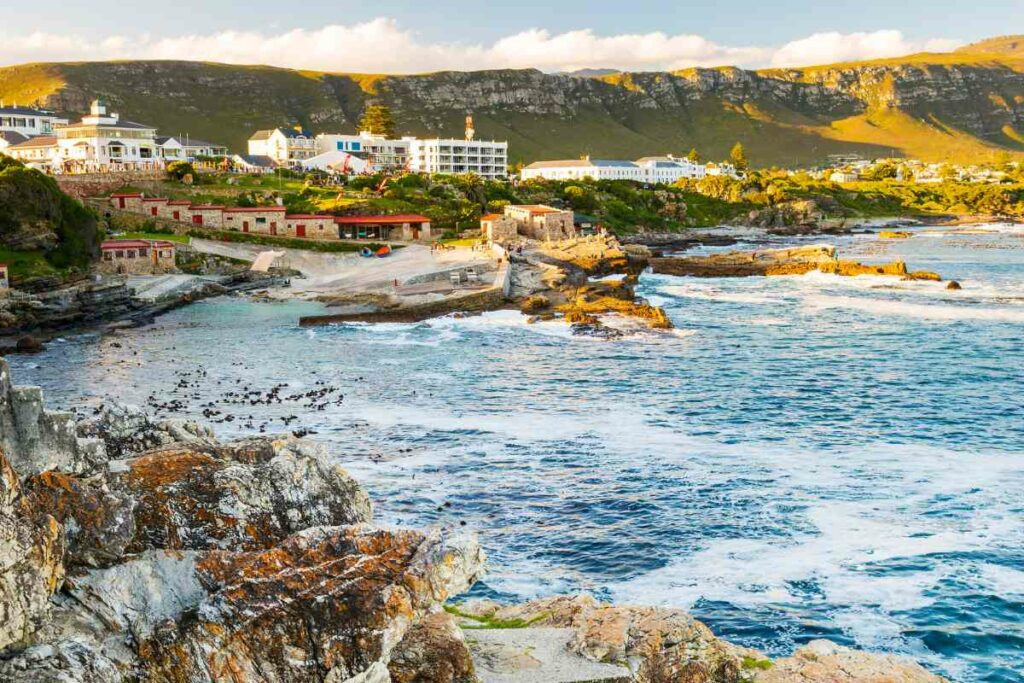
It celebrates the southern right whales that migrate off the coast of Hermanus each year to breed. I’m a huge whale fan so this gets my excitement going!
A range of activities is available, including whale watching, boat trips, and marine-themed presentations and exhibits. A good variety of food stalls and craft exhibits are available to choose from as well.
Final Thoughts
You will never run out of things to see and do while visiting Africa.
Timing your visit to a particular country with the occurrence of a festival will make your stay even more memorable.
Besides immersing in African culture, you will also meet people from different places, share ideas and experiences, and even make lifelong friendships.
